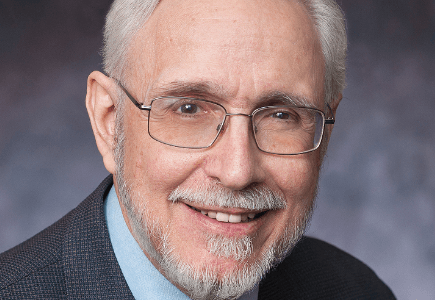
William M. LeoGrande: Helms-Burton violates the ‘Act of State’ doctrine
William M. LeoGrande is a government professor and former dean of the School of Public Affairs at American University.
The political analyst and Latin America expert agreed to answer questions posed by Progreso Weekly about the possible application of Title III of the Helms-Burton Act.
*****
Progreso Weekly (PW): Do you believe Title III of Helms-Burton will be enacted by this administration? And if so, why now?
William LeoGrande (WLG): The Trump administration gives every indication of allowing Title III to go into effect. National Security Adviser John Bolton threatened that they would do this back in November. The 45 day suspension Pompeo approved earlier this month appears to be a prelude to allowing it to go into effect. Several reasons lie behind the decision to do this now and not earlier in Trump’s presidency. Allowing Title III to go into effect will have major diplomatic costs with our allies, and this dissuaded the previous foreign policy team from heeding Marco Rubio’s demands that they do it. The new team, especially Bolton and Mauricio Claver-Carone, have been hardliners on Cuba for many years. In addition that crisis in Venezuela provides an excuse.
PW: Applying it now could have a double purpose: (1) to increase pressure on Cuba as part of its policy on the region; and (2) electoral politics for the presidential elections of 2020. Any thoughts on this?
WLG: President Trump thinks he won Florida because of the Cuban American vote and allowing Title III to go into effect is a major plum for rich Cuban Americans who still think they will get their property back. No one else benefits.
PW: From the legal point of view, does it mean a violation of international law and American laws?
WLG: It is not a violation of U.S. law because it is a part of U.S. law. Recognizing the property claims of people who were not citizens at the time and allowing them to bring action against foreign companies for actions taken outside the United States have no basis in international law and violate the “act of state” doctrine* which prohibits courts in one country from taking legal action against people of another country for things done outside the jurisdiction of the first country.
PW: Can you foresee reactions from the affected countries? There are some, like Canada, that previously have passed antidote laws.
WLG: Every country that has an economic relationship with Cuba or would like to develop one will react negatively to this, as they did when it was first passed in 1996. It harms relations with key allies like Mexico, Canada, and the EU at a time when we are trying to gain their help to solve the crisis in Venezuela, which is far more important to the national interest than the property of Cuban Americans nationalized half a century ago.
PW: What might be the reaction of the recognized American claimants who would be affected?
WLG: U.S. claimants will probably be opposed to allowing Title III to go into effect because it will reduce Cuba’s willingness to negotiate the certified claims—something it was doing under the Obama administration.
* The act-of-state doctrine or foreign act of state doctrine is a principle in English and United States law which states that every sovereign state is bound to respect the independence of every other sovereign state, and the courts will not sit in judgment of another government’s acts done within its own territory.

